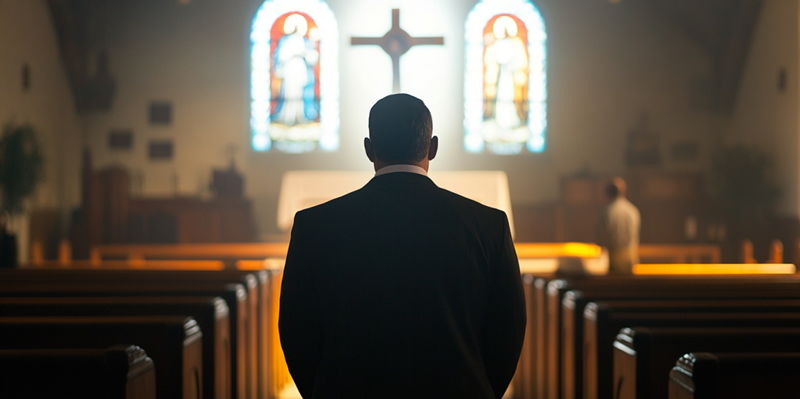In a significant legal ruling, a federal district court determined that the New York State Unified Court System (NYSUCS) did not violate Title VII of the Civil Rights Act of 1964 when it refused a senior office clerk’s request for a month-long leave to attend a religious retreat in India, ultimately leading to her termination. The decision is detailed in court documents, which reveal that while the clerk had been granted three weeks’ leave annually for her religious retreat in previous years, her final request for an extended leave was limited to one week due to pressing operational needs. The Albany office where she worked was notably understaffed at the time, necessitating this decision by her employer.
Following her termination two months after the denied leave request, the clerk pursued multiple state and federal law claims against the NYSUCS, including allegations of disability discrimination under the Americans with Disabilities Act and religious discrimination under Title VII. However, prior to this recent ruling, all claims were dismissed except for the religious discrimination claim. In the latest ruling, the court granted summary judgment in favor of NYSUCS, thus rejecting the clerk’s claim of religious discrimination.
Operational Needs and Legal Justification
Central to the court’s decision was the NYSUCS’s justification for denying the extended leave based on legitimate operational needs. As outlined in court documents, allowing the clerk a month-long absence would have exacerbated existing staff shortages and significantly disrupted the office’s operational effectiveness. The court agreed with the NYSUCS’s argument that such operational strain justified the decision to limit her leave to one week. Additionally, the court noted that the clerk had previously been granted substantial leave in past years, indicating that her religious practices had been accommodated within the bounds of operational feasibility.
The court also examined whether the clerk had been subjected to less favorable treatment compared to her colleagues due to her religious beliefs. In this regard, the evidence presented was insufficient to support her claims. Specifically, the clerk could only identify two co-workers who had requested three consecutive weeks of leave, neither of whom actually took the full period. This reinforced the court’s conclusion that the NYSUCS’s decision was based on operational concerns rather than discriminatory motives against the clerk’s religious practices.
Examination of Termination Grounds and Alleged Discriminatory Remarks
In addition to analyzing the denial of the extended leave request, the court also addressed the grounds for the clerk’s termination. The NYSUCS asserted that the clerk’s degenerative spine condition, which eventually hindered her ability to perform essential job duties like filing, was the primary reason for her termination. Court records indicated that while co-workers had previously assisted her by accommodating her physical limitations, the permanent and incapacitating nature of her condition led the employer to determine she could no longer fulfill the essential responsibilities of her position under her union’s contract. The court found this reasoning consistent with the statutory requirements and devoid of discriminatory intent.
Moreover, the court dismissed the clerk’s claim that a disparaging remark about her religion made by the chief clerk evidenced religious discrimination. The court classified this comment as a stray remark, insufficient to imply discriminatory motivation, particularly as the chief clerk did not participate in the final decision-making process regarding her termination or leave requests. This dismissal further underscored the court’s conclusion that the NYSUCS’s actions were based on legitimate operational and personnel considerations rather than any religious bias.
Implications of the Supreme Court’s Groff v. DeJoy Decision
In an important legal ruling, a federal district court found that the New York State Unified Court System (NYSUCS) did not breach Title VII of the Civil Rights Act of 1964 when it denied a senior office clerk’s request for a month-long leave to attend a religious retreat in India. This refusal eventually led to her termination. Court documents reveal that, although the clerk had received three weeks’ leave annually for her religious retreat in previous years, her final request was limited to one week due to the pressing operational needs of her understaffed Albany office.
After her termination two months following the denied request, the clerk filed multiple state and federal claims against NYSUCS, alleging disability discrimination under the Americans with Disabilities Act, among others, alongside religious discrimination under Title VII. All claims had been dismissed except the religious discrimination one. In this latest ruling, the court granted summary judgment in favor of NYSUCS, effectively rejecting the clerk’s religious discrimination claim and reinforcing the employer’s staffing decision.

